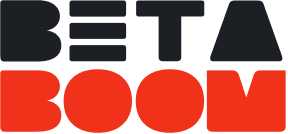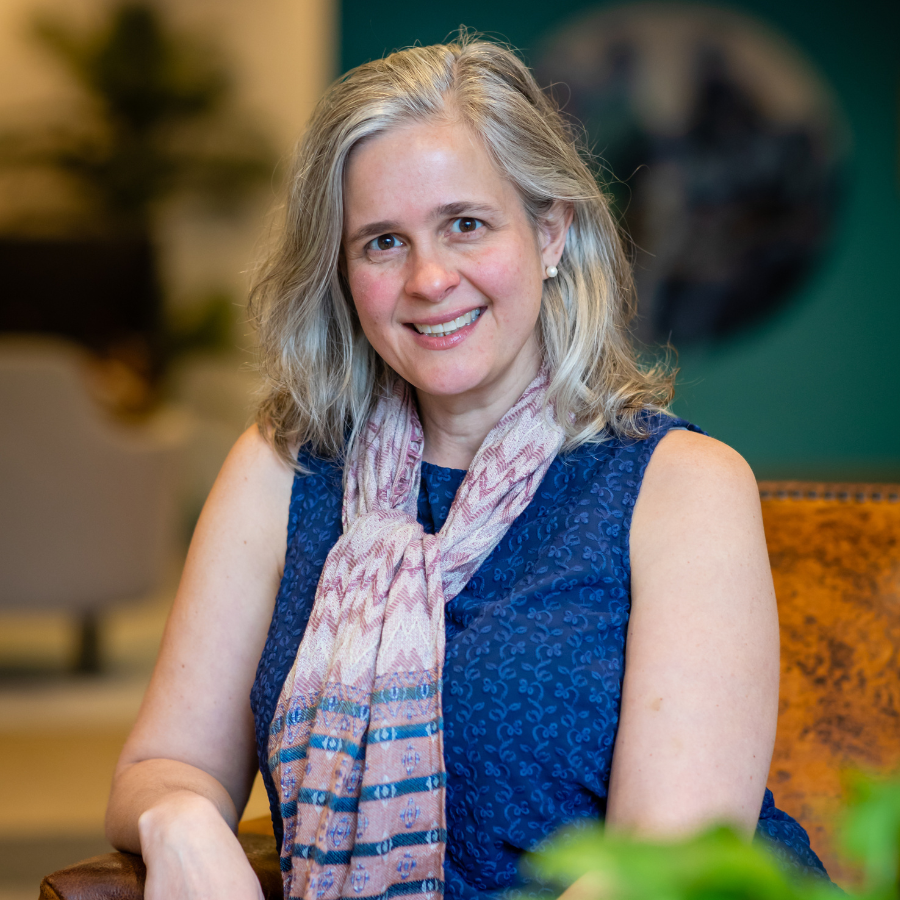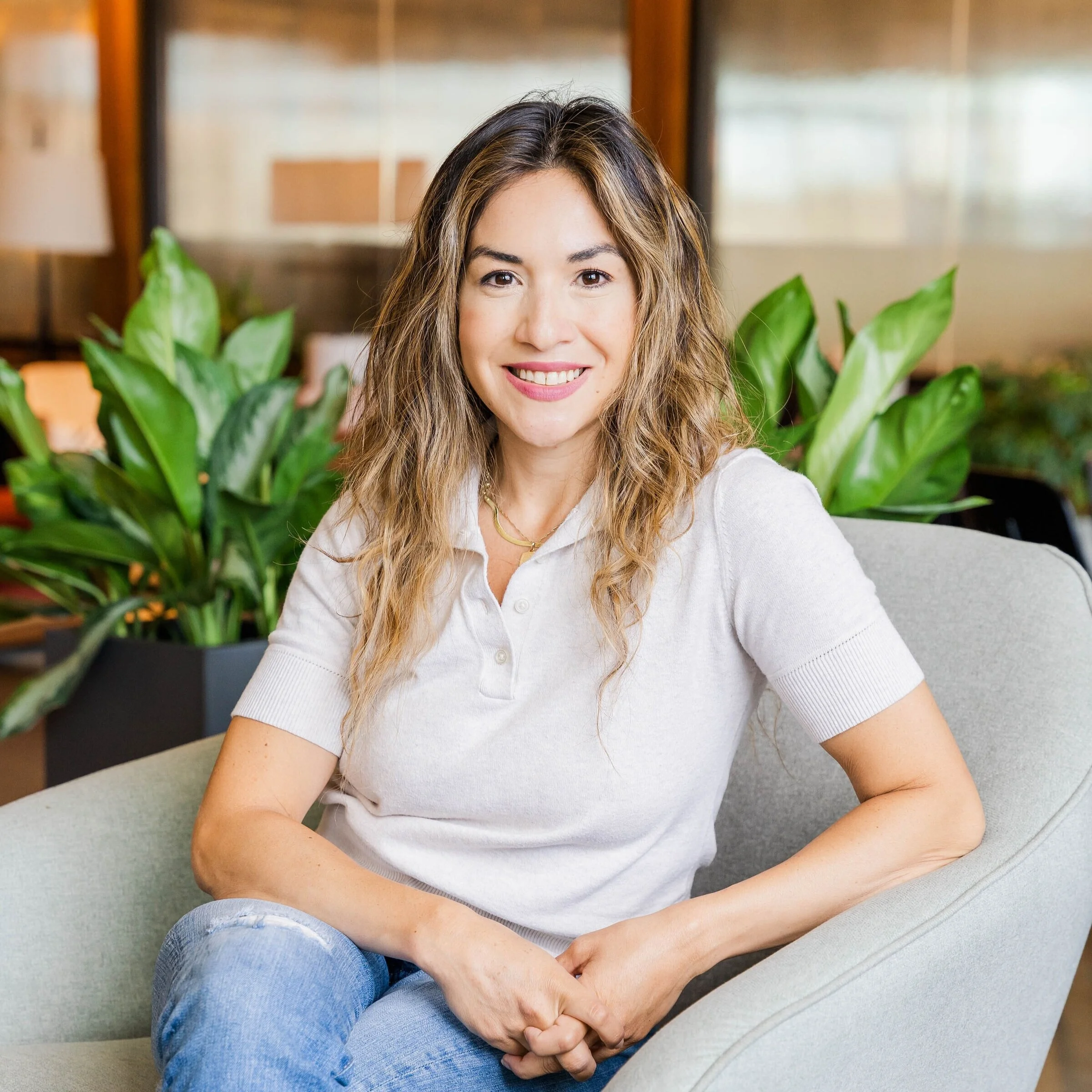Global Roots and Purpose-Driven Life
Braden Weinstock, 42, has lived a fascinating life before he founded PrettyData, a competitive intelligence platform specifically designed for beauty salons. He is a first-generation American. His father was born in Israel and grew up in Brazil, and his grandparents were Holocaust survivors.
Braden currently spends half his time in Amsterdam with his wife, whom he met while backpacking in India. She works in non-profit aid across Africa. Despite her work taking her to war zones like Ethiopia, Sudan, and Yemen, Braden completely supports her.
"Both of us care about having a positive impact on the world in a way that improves the quality of people's lives," he says. "I just generally think it's a productive use of my time in the world."
Growing up in Los Angeles, Braden's entrepreneurial spirit was instilled early. His father encouraged him to master business fundamentals.
"My dad was the kind of guy who, come summer, would have me set up a lemonade stand and even charge me $100 for materials as 'CapEx,'" he recalls. This approach deeply influenced how he manages his business today and led to an expansive resume.
"I've had a wide range of jobs, from building a hair salon from the ground up—swinging a hammer, digging holes, working the front desk—to bagging groceries and starting out at Burger King," Braden explains. "I never felt I needed a million-dollar funding round or media buzz to start something meaningful; I was comfortable bootstrapping and starting lean."
From UCLA to Hedge Funds: Building a Diverse Skill Set
When Braden was around 16 years old, he connected with another student who had a knack for hair, providing trims for classmates. His friend went on to work for Paul Mitchell, and Braden headed to UCLA to study globalization.
"After UCLA I started my career as a management consultant at Deloitte and then started the salon with my friend. I then did my MBA and second masters, joined Bridgewater Associates the world's largest hedge fund, helped build and scale proptech unicorn Knotel from seed to series C, and served as COO of a fintech startup–always staying involved in the salon."
"That was 15 years ago—my first business as the co-founder of a salon in Los Angeles," Braden says. "I loved building a business. It was just so much fun figuring everything out and putting it all together."
The Birth of PrettyData: Turning Crisis into Opportunity
Braden spent the next 10 years doing price optimization for his salon in a spreadsheet. Then, after COVID hit, he used it to help out fellow salon owners who were struggling in the post-pandemic market.
"That's when I realized my spreadsheet could become revenue optimization software to help increase the average pay of beauty service professionals, who make 20% less than the average American, and eventually became PrettyData," he says.
Braden saw his product as a way to uplift an entire industry.
"I realized that I had this really unique perspective—a deep background in finance, technology, and operations—that I could bring to building software to solve a problem critical to the survival of these millions of small businesses," he explains.
The Bootstrapper's Advantage in Venture Capital
Braden believes that creating a value-focused mentality can be a significant advantage. "I tell people when I go to fundraisers, 'I'm building this business out of my own experience.'"
Starting a small business from scratch, Braden says, taught him to dive in headfirst into whatever was needed to succeed.
In the early stages, especially during the pre-seed phase, Braden says it's all about experimenting and validating ideas without burning through cash. Venture capital should fuel growth once you have a clear path forward. "But in the beginning, that DIY, resourceful approach buys you time to refine your vision and prove it works."
"Whether you know how to get it done or not, you have to figure that out. So I was not scared of starting a business without having a million-dollar fundraise," Braden says. "That mentality brings a lot to a business because you spend money wisely, you know how to prioritize, and good investors respect that."
On the flip side, you must remain dedicated to your product when capital is on the line.
"You're buying into the ideas I've spent the last 15 years building myself," he says about potential VC investors. "If their values don't align with yours, how are you going to have that conversation? How are you going to trust them?"
The Founder's Evolution: Embracing Humility
Life has taught him to practice humility and recognize that it's not about having all the answers but about finding the right answers together.
"My philosophy here is that we're all human, and so what that means is that we're all flawed," Braden explains. "If you don't realize that as a founder, you're at a huge disadvantage, because the business will only evolve as fast as you do."
For you to grow quickly as a founder, you must recognize your limitations with humility and work around them.



.png)
.png)
